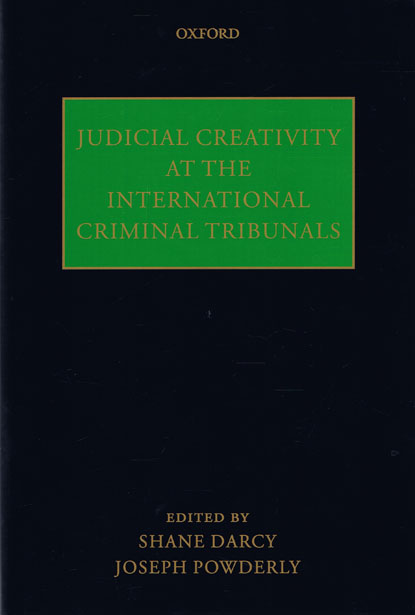
As the International Criminal Tribunals for the Former Yugoslavia and Rwanda enter the final phase of their work, it is an appropriate time to reflect on the significant contribution that these unique institutions have made to the development of international criminal law.
Judgments issued by the ad hoc Tribunals have served to clarify and elucidate key concepts and principles of international criminal law. On several occasions, this practice and jurisprudence has pushed the progressive development of this dynamic and growing branch of international law.
This edited collection examines the specific contribution made by the judges of the Yugoslavia and Rwanda Tribunals to the development of international criminal law in the areas of substantive crimes, criminal liability, defences, general principles, fair trial rights, and procedure.
The essays illuminate the law on these topics while pointing to key areas where the Tribunals have advanced the understanding of particular concepts and principles. Several contributions address the theories of interpretation employed by the Tribunals' judges and the challenges presented by judicial creativity in international criminal trials.
As the caseload grows for the International Criminal Court and the international criminal justice project continues to flourish, it is important to take stock of the achievements to date of international criminal bodies. This collection of essays provides a thoughtful analysis by judges, practitioners, and scholars of international criminal law of the profound changes in the field enacted by the judges of the International Criminal Tribunals for Rwanda and the Former Yugoslavia.